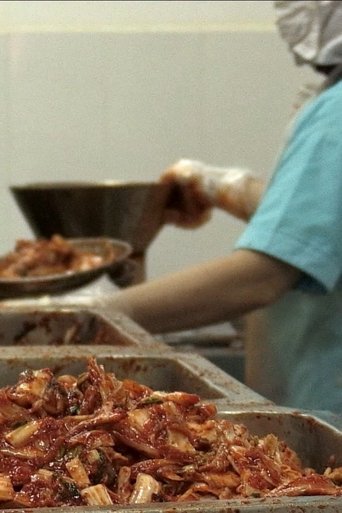
04 Nov 2016

Ho Chi Minh Kim Chi
The sights and sounds of a kimchi factory in Vietnam.
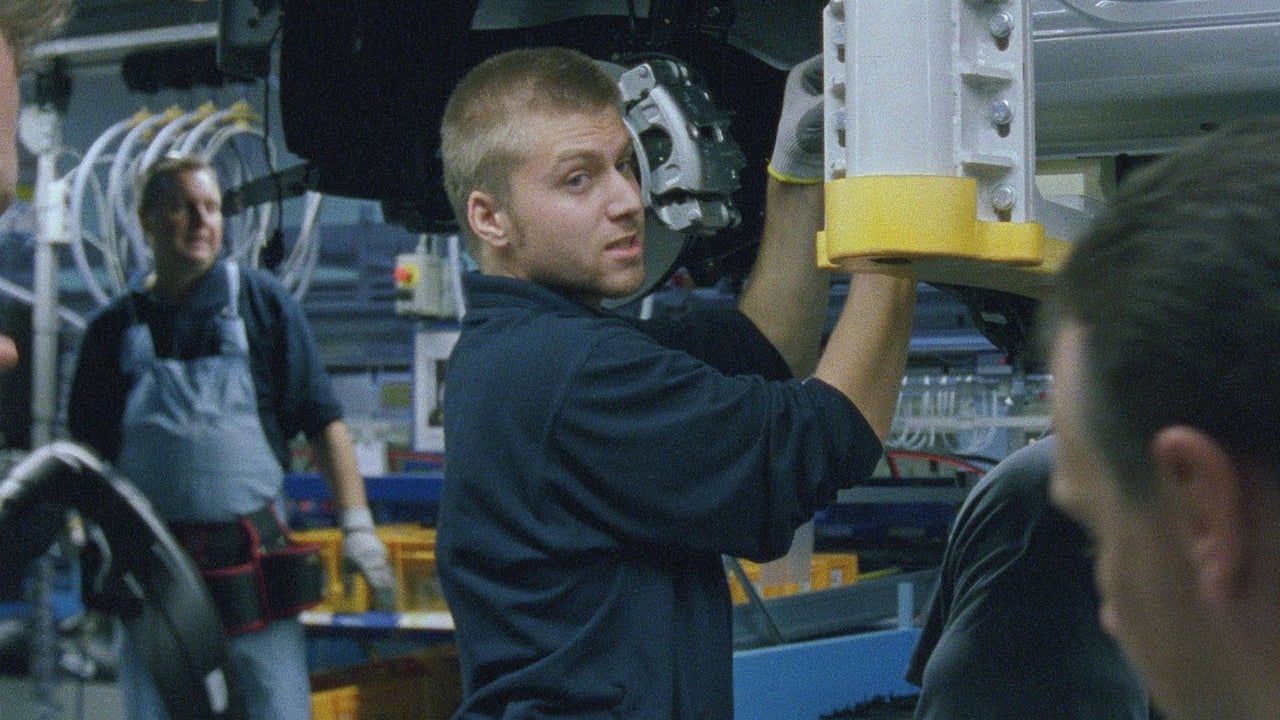
An original portrayal of a small Czech village where – as the locals put it – an UFO has landed in the form of a kilometre-long silverish factory: a Korean Hyundai automobile plant. The village, hitherto famous mostly for its sauerkraut and the “Radegast” beer was thus turned into an industrial zone – the largest greenfield investment project in the Czech Republic’s history. Nonetheless, for a long time many farmers resisted selling the land upon which the factory was now standing. Eventually, they all succumbed under the pressure from the neighbours, and even the anonymous death threats. The filmmakers returned to Nošovice two years after the dramatic property buyouts, at the time when the factory has just started churning out cheap cars. Combining the perspectives of seven characters, they have composed a portrayal of a place suddenly changed beyond recognition that is playful and chilling at the same time: a politically engaged absurd flick about a field that yields cars.

04 Nov 2016

The sights and sounds of a kimchi factory in Vietnam.
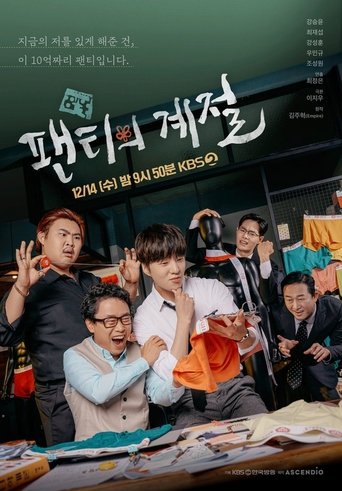
14 Dec 2022

A story about a young man who doesn't believe in sincerity meets Don Quixote, the president of an underwear company, and his right-hand man, Sancho, and becomes sincere both in underwear and in life.

01 Jan 1967

This short documentary film is a fascinating portrait of urban and rural Quebec in the late 1960s, as the province entered modernity. The collective work produced for the Quebec Ministry of Industry and Commerce calls on several major Quebec figures.
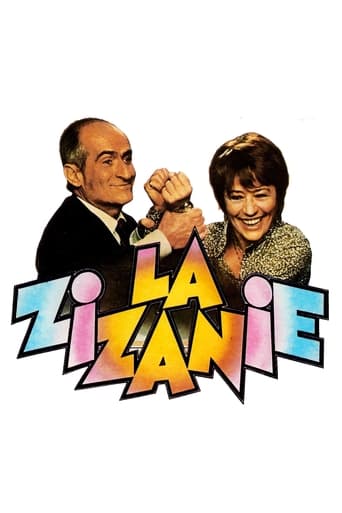
16 Mar 1978

Guillaume has made it: A machine that can clean dirty air by simply sucking all dirt into air balloons and then shipping them far far away so his explanation. Some Japanese business guys, after dinner with a lot of alcohol, order 5,000 pieces. His only problem: His production capacity is way to small so he gets to produce the machines in his private house. His wife Bernadette is far from being happy about it. Her private life goes down the line so she decides to leave Guillaume and to finally have revenge she candidates for major against her husband...
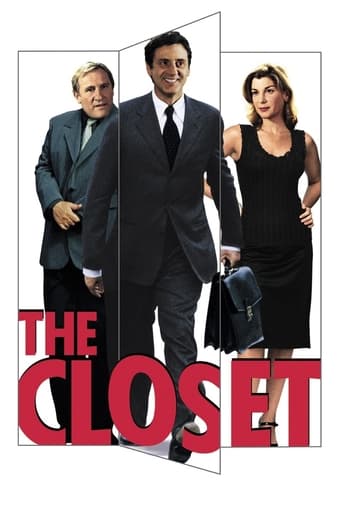
17 Jan 2001

A man spreads the rumor of his fake homosexuality with the aid of his neighbor, to prevent his imminent firing at his work.
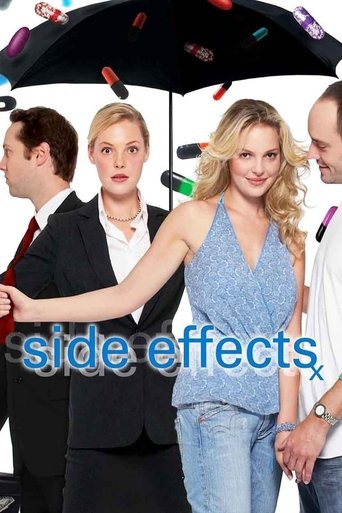
07 Mar 2005

America! Built on a better pill. Karly Hert has spent the last ten years selling drugs. Legally, that is. Karly is a pharmaceutical sales representative. She sells pills to doctors. She makes lots of money. She has a company car. She has a nice fat expense account. But there's a growing pit in Karly's stomach. Something isn't right behind the scenes at big pharma. Based on the director's decade working directly for the industry.
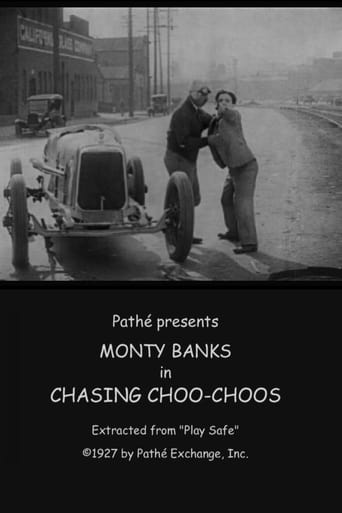
21 Jun 1927

Virginia Craig will become super-wealthy and gain sole control of her factory, unless insubordinate schemers can trick her into marrying one of their clique. Unfortunately for them, she loves Monty, one of her employees. When the schemers' plot is discovered, a chase starts away from the factory and onto a runaway train.
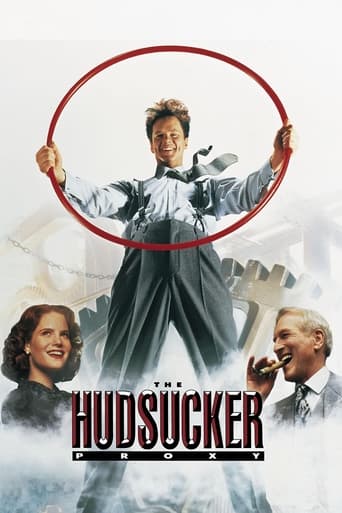
11 Mar 1994

A naive business graduate is installed as president of a manufacturing company as part of a stock scam.
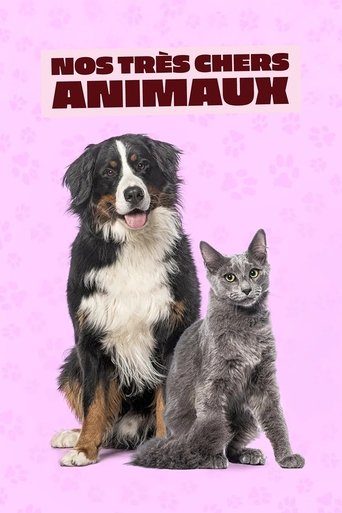
12 Mar 2025

No overview found
30 Nov 2019
No overview found
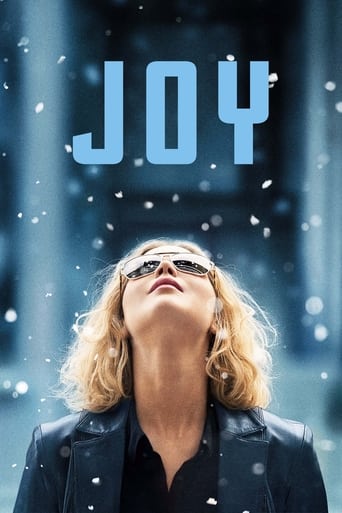
24 Dec 2015

A story based on the life of a struggling Long Island single mom who became one of the country's most successful entrepreneurs.
11 Jan 1952
No overview found
01 Jan 1951
No overview found
01 Jan 1951
No overview found
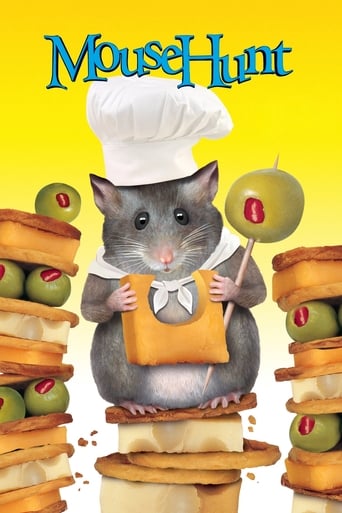
19 Dec 1997

Down-on-their luck brothers, Lars and Ernie Smuntz, aren't happy with the crumbling old mansion they inherit... until they discover the estate is worth millions. Before they can cash in, they have to rid the house of its single, stubborn occupant—a tiny and tenacious mouse.
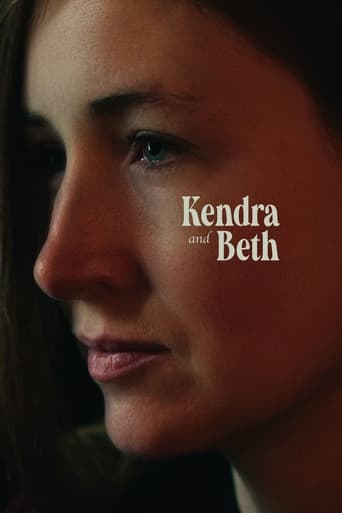
01 Oct 2021

A dark comedy about the only female employee in the warehouse of a sausage company who forms an unlikely bond with a stranger that throws both their lives into disarray, leaving them forever changed.
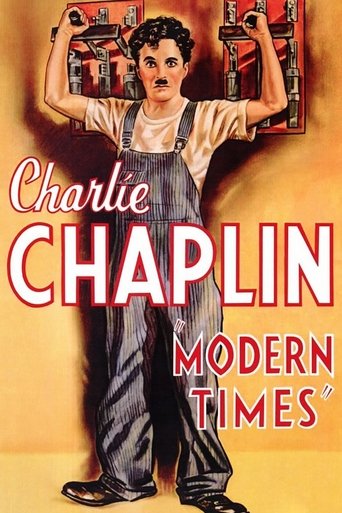
05 Feb 1936

A bumbling tramp desires to build a home with a young woman, yet is thwarted time and time again by his lack of experience and habit of being in the wrong place at the wrong time..
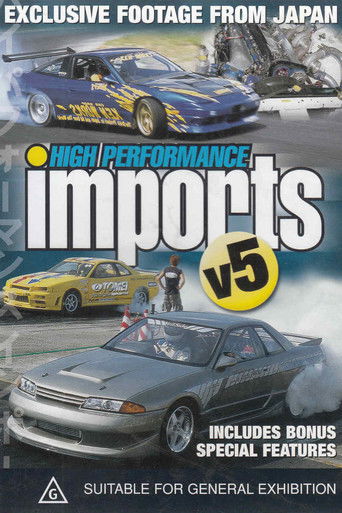
01 Nov 2002

This time High Performance Imports visits Ebisu Circuit for the draft matsuri, tours the Veilside factory and attends some drag meetings.
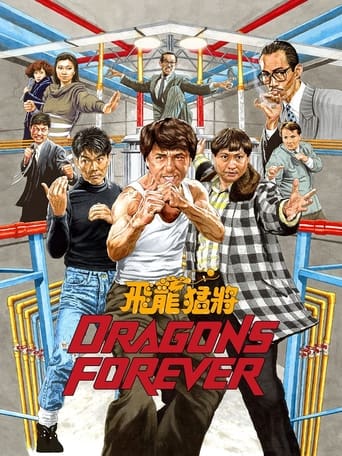
11 Feb 1988

A hot-shot lawyer is hired by a Hong Kong chemical plant to dispose of opposition to their polluting ways. But when he falls for a beautiful woman out to stop the plant, he is torn in a conflict of interest and asks his trusty friends Samo and Biao to help out at least until they discover the true purpose of the plant.
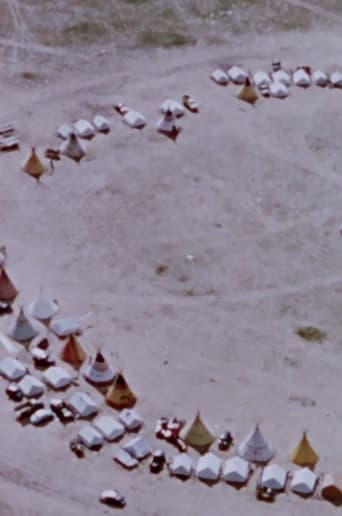
01 Jan 1973

On the Kainai (Blood) First Nations Reserve, near Cardston, Alberta, a hopeful new development in Indigenous enterprise. Once rulers of the western plains, the Bloods live on a 1 300-square-kilometer reserve. Many have lacked gainful employment and now pin their hopes on a pre-fab factory they have built. Will the production line and work and wages fit into their cultural pattern of life? The film shows how it is working and what the owners themselves say about their venture.